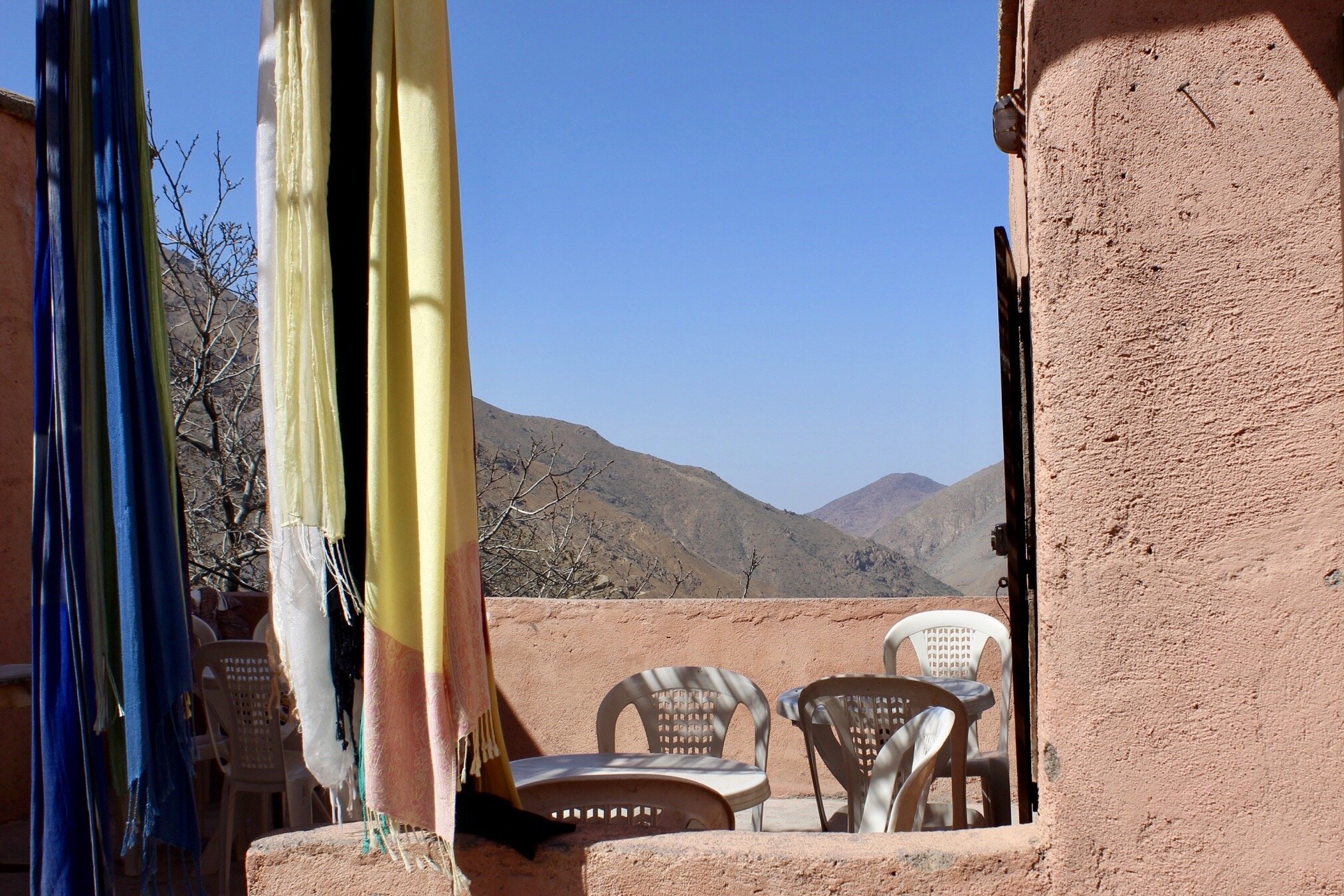
Nagorno-Karabakh Conflict Analysis
The conflict in Nagorno Karabakh is the result of ethnic isolation in the Southern Caucuses and the recent diplomatic and economic isolation of Azerbaijan. As with the Russian led agreement from in 1994, the current Russian led ceasefire does not address the underlying cause of the conflict. United States engagement in the peace process is necessary to address the fundamental issues and create lasting peace. After a decade of mixed action and mixed results in peacebuilding by the international community, United States’ involvement in Nagorno Karabakh could set a new tone for the next decade of international peacebuilding. This is also an opportunity for the Biden Administration to accomplish its goals of ending “forever wars” and to “restore and reimagine partnerships.” To be successful, the United States must negotiate for a peace agreement built on the themes of social, political and economic integration. The most likely and practical option is for the United States to engage is by a new coalition, with itself as the non-military, political negotiator for peace. An unlikely, but highly rewarding NATO option is also presented.

Article Review: Dessler “What is At Stake in the Agency Structure Debate”
Dessler’s expanded ontology under the transformational model cannot be thought of as presenting any objective truth. Rather, it achieves its own goal of accepting social rules for a structural interpretation of international relations. Dessler has a personal purpose for how he decides to expand ontology. Thus, as much as Dessler achieves eliminating structural determinism of Waltz’s theory, not recognizing Dessler’s own agency as an actor in international relations ignores the deterministic aspect of accepting any theory as objective, dualist and separate from the world the theorist theorizes.